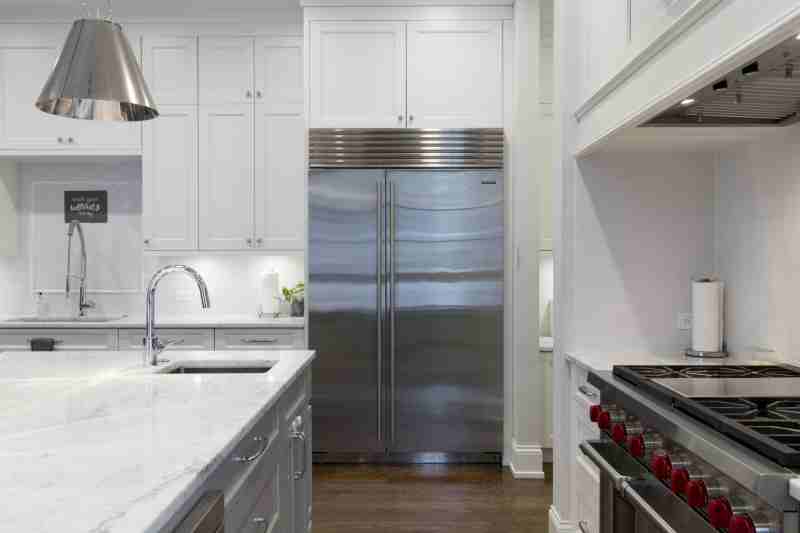Business
How to Budget Your Home Remodel: Allotting Funds for Kitchen & Bathroom Renovation

Are you considering a home remodel? Planning your budget is crucial to ensure that you can complete your project without draining your bank account. Whether you're renovating your kitchen, bathroom, or both, setting aside funds for these projects is essential. In this article, we will provide you with expert tips on how to budget your home remodel, specifically focusing on allotting funds for kitchen and bathroom renovations.
Understanding the Costs of Home Remodeling
Before diving into the budgeting process, it's important to understand the costs associated with home remodeling. The cost of your project will depend on various factors, including the size of the space, the materials used, labor costs, and any additional features or upgrades you want to include.
When remodeling your kitchen, you can expect to spend anywhere from $10,000 to $50,000 or more, depending on the scope of the project. Bathroom renovations typically cost between $5,000 and $30,000, again depending on the size and complexity of the project. By having a clear understanding of these costs upfront, you can better plan and allocate your budget.
Steps to Budgeting Your Home Remodel
Assess Your Finances
The first step in budgeting your home remodel is to assess your finances. Take a look at your current income, savings, and any other sources of funding you may have available for the project. Set a realistic budget that you can comfortably afford without putting yourself in financial strain.
Prioritize Your Needs
When budgeting for a kitchen and bathroom remodel, it's essential to prioritize your needs. Determine which areas of these spaces require the most attention and allocate your funds accordingly. For example, if your kitchen cabinets are outdated and in need of replacement, prioritize this expense over other cosmetic upgrades.
Get Quotes from Contractors
Obtaining quotes from reputable contractors will give you a better idea of how much your project will cost. Research local contractors who specialize in kitchen and bathroom renovations and request detailed quotes that outline all the expenses involved. Compare these quotes to determine the best option for your budget.
Set Aside Contingency Funds
It's always a good idea to set aside a contingency fund when budgeting for a home remodel. Unexpected expenses can arise during the renovation process, so having extra funds available will help you cover these costs without going over budget.
Consider DIY Projects
If you're looking to save money on your kitchen and bathroom remodel, consider tackling some DIY projects yourself. Simple tasks like painting cabinets, installing new fixtures, or updating hardware can help cut costs without compromising on the quality of your renovation.
Conclusion
Budgeting for a home remodel, especially when focusing on kitchen and bathroom renovations, requires careful planning and consideration. By assessing your finances, prioritizing your needs, getting quotes from contractors, setting aside contingency funds, and considering DIY projects, you can successfully allocate funds for your project and achieve the desired results. Remember to stay within your budget and make informed decisions to ensure a successful home remodel experience.
Source:
Click for the: Full Story
You might like













 Close Menu
Close Menu